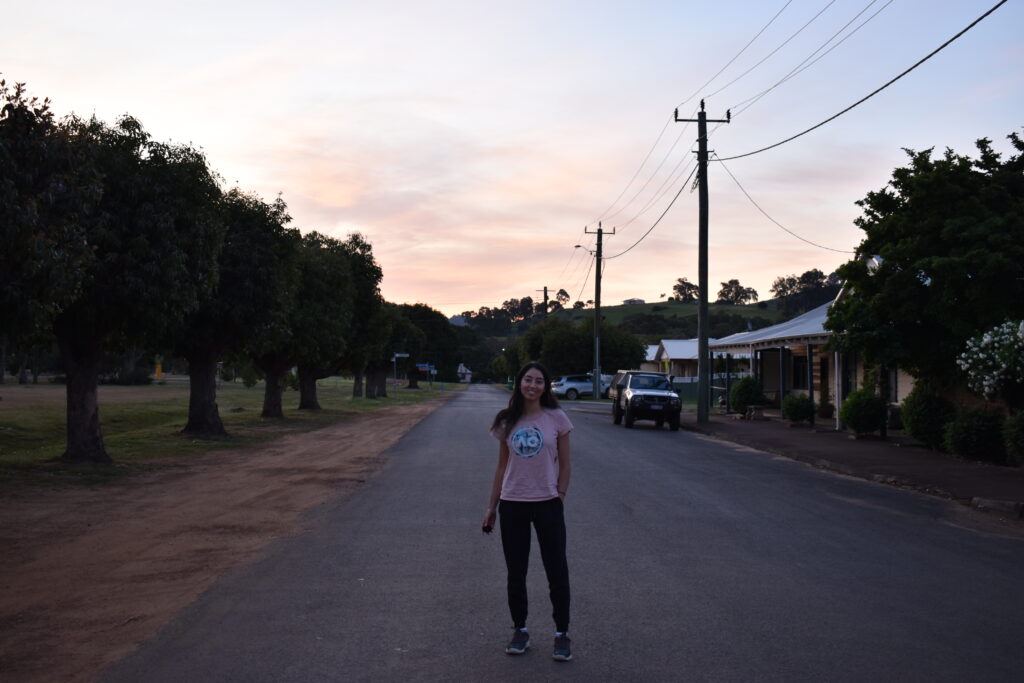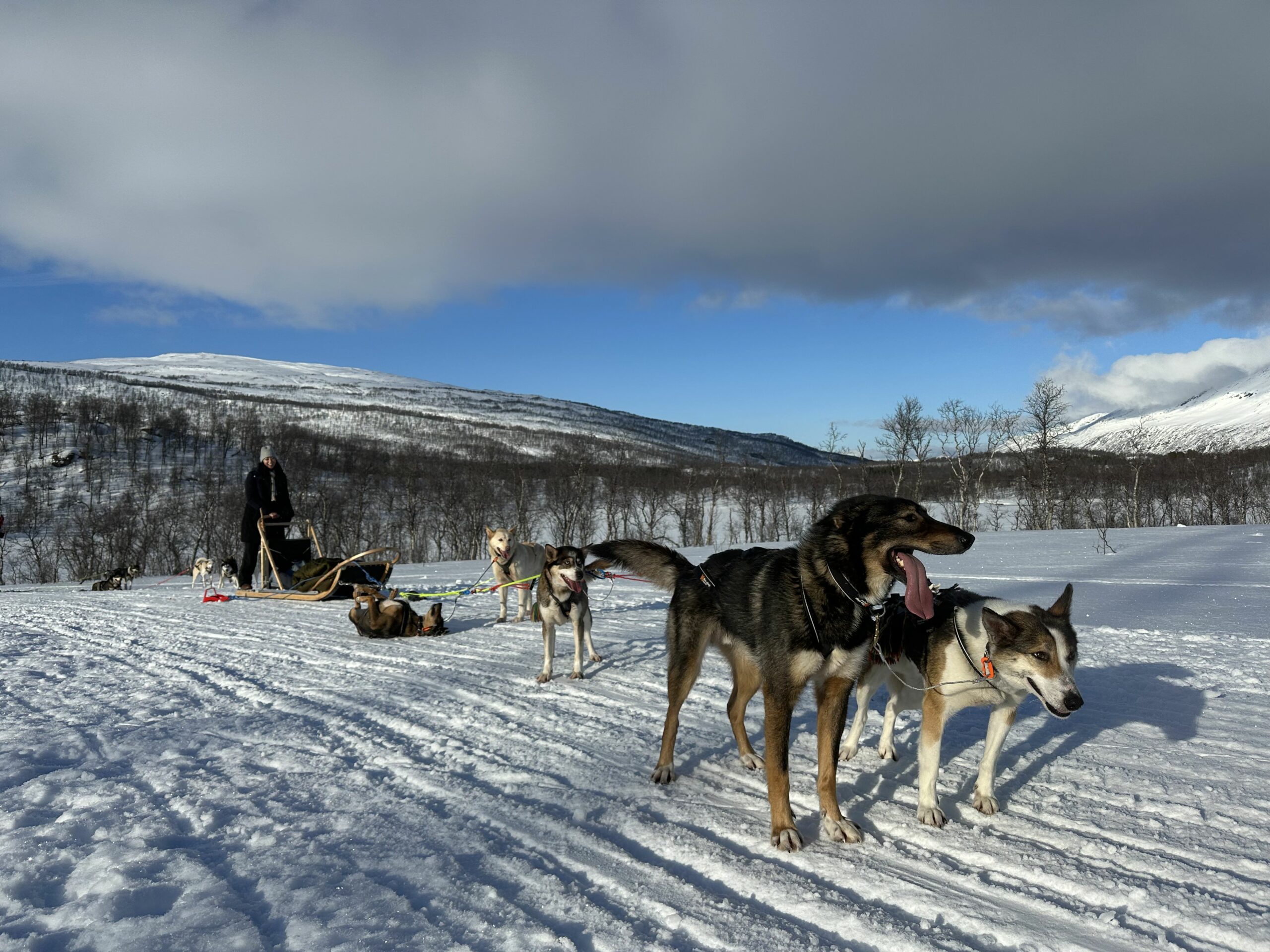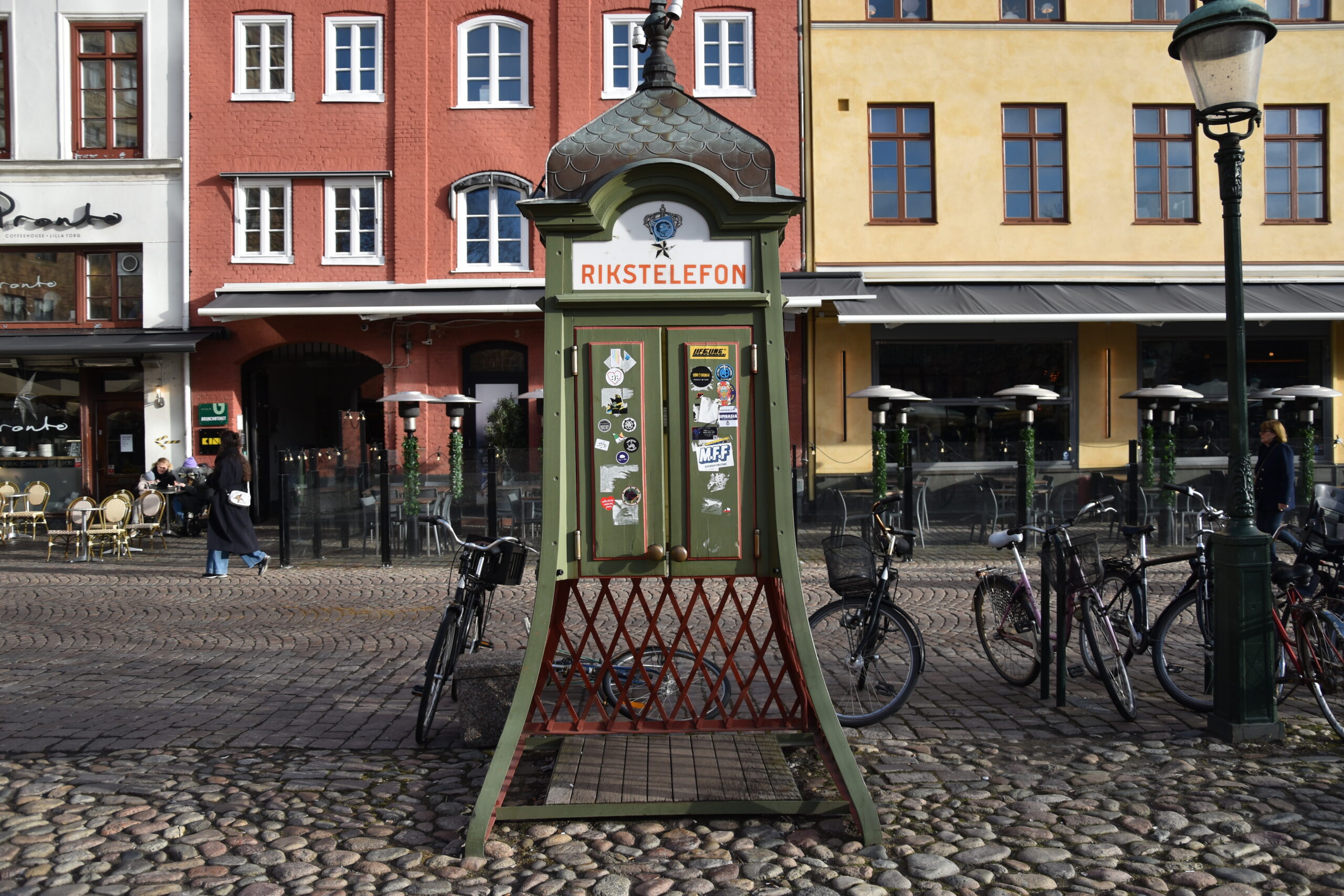The last week, admittedly, has not been my finest hour.
Where to start? I lost my luggage keys at a hostel in Aarhus, and wasted a whole day trying to pick the lock on my carry-on, instead of biting the bullet and jabbing the zipper with a ballpoint. I’m still unsure how to get the lock off completely – I’m contemplating a good old hacksaw from the local hardware store.
My thicker pair of gloves were also lost somewhere in Aarhus (which is apparently a black hole where I’m concerned.) Granted, they were starting to rapidly deteriorate, but they were invaluable when it came to those biting Copenhagen winter bike rides.
But the final straw, the real cherry on top, occurred when I arrived home one day and realised my water bottle had managed to leak all over my tote bag. A bag that contained, amongst other things, my passport. A passport that will cost about 500 AUD to replace.
This has well and truly sent me into a spiral. It’s not like I was doing incredibly well on the money front in the first place. Copenhagen is an expensive place to live, and I haven’t managed to find a job yet. I’m coasting (or rather, squeaking) by on savings from last year.
Add to that the stress of adjusting to a new country. Every time I think I’ve got a handle on something – whether it be the metro system, Danish cycling etiquette, or even just supermarket checkouts – some inevitably embarrassing incident proves me wrong. It makes me want to turn tail and flee back to the safe life I had, where humiliation and discomfort were kept to a minimum.
It was easy to succumb to the insidious voices in my head, the pessimistic ones from my childhood that make me feel small and stupid. Why must you compulsively carry that impractically large water bottle absolutely everywhere you go? Why did you need to bring your passport on a shopping run – was a security guard going to card you? God, this could all have been prevented if you hadn’t lost its little plastic protective sleeve in South Korea two years ago.
And so on and so forth.

After a little while stewing in my own negativity, something wonderful but totally expected happened. I began to feel better again.
What was unexpected to me, though, was how quickly that happened.
I’ve never thought of myself as a particularly stoic person. In fact, I’d probably rate my ability to endure hardship rather poorly. Just ask my friends/family/partner/anyone who had to sit in a car with me after True Grit last year. The less said about that, the better.
The point is, I tend to fall apart at the slightest touch like a tower made from toothpicks.

But resiliency is a different story. The question with resiliency is: after you crumble, can you build yourself back up again?
And of course, I am not saying anything new when I acknowledge that resiliency compounds with age. When you’re a child, the first thousand times you experience embarrassment, fear, anger, guilt – it hurts like it’s the most earth-shattering sensation in the world. Of course it does. You don’t know any better.
But after a couple of decades on this earth, you realise that you have, indeed, gone through this a thousand times before. Each time, you have survived. And this makes it easier to bear the pain this time. This too shall pass. This too shall pass. This too shall pass.
The wound closes faster. It fades into a muted memory.
I wish I had known this earlier. Unfortunately, resiliency can never truly be taught through things like discussion or self-help books, though they be helpful tools. The pain is entirely your own and it demands your full attention.
And unluckily for me, I am a slow learner.
But that’s okay. I got there eventually.

Something else I’ve learnt over the course of my short life is that it’s okay to feel sorry for yourself. Outwardly manifesting emotional distress is demonised, often by men with podcasts, as the downfall of civilisation.
This is not true. I, for one, cried for six months straight in 2015, and I’m still around contributing to society (though how much is disputable.) Feel free to wallow in self-pity – it’s quite refreshing, just as long as you don’t drown in it.
Lastly, I’m immensely grateful that I have amazing support systems. Everything I’ve said above would be exponentially more difficult if I hadn’t had my incredible friends, family, and partner.
Case in point: after I washed out my passport and consequently posited myself as the most incompetent oaf to walk the earth, I uploaded an unprecedented story on Instagram soliciting my close friends for encouragement and compliments.
Many answered the call, to my surprise. They reminded me that I was doing something brave, that I was sturdy enough to get through whatever life threw at me, and that they were behind me every step of the way. I cannot express enough how uplifting that was. There was a time when I would have been too afraid of exposing my weakness to even think about asking for emotional support.
I’m glad that’s not the case now. My sincerest appreciation goes out to everyone who responded.
P.S. And thanks to everyone who bothers to read this fun little experiment. I’m enjoying it, and I hope you’re liking it too.



